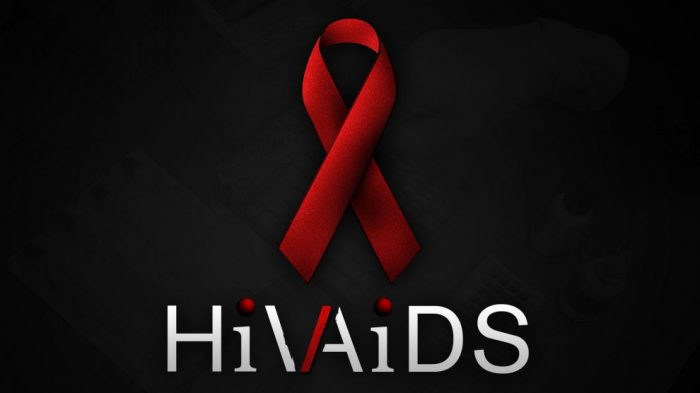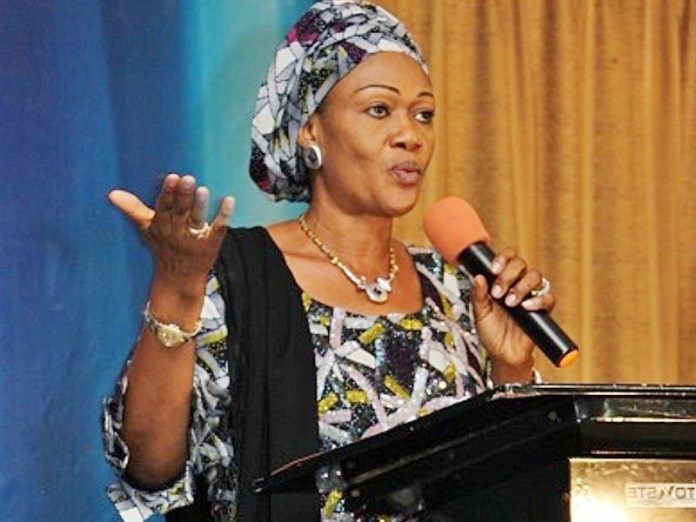VAM News Update
According to the National Agency for the Control of AIDS (NACA), an estimated 1.8 million individuals in Nigeria are living with HIV, with approximately 1.63 million already receiving Antiretroviral Therapy (ART) treatment.
During a press briefing in Abuja to commemorate World AIDS Day, NACA’s Director-General, Dr Gambo Aliyu, highlighted the annual observance as a global initiative to prevent new infections, increase HIV awareness, support individuals affected by the virus, and remember those who have succumbed to the disease. This year’s theme, “Communities: Leadership to End AIDS by 2030,” underscores the collective responsibility in combatting HIV/AIDS.
Dr Aliyu emphasized Nigeria’s progress in the fight against HIV/AIDS, acknowledging the country’s significant strides while emphasizing the need for continued efforts to achieve the goal of ending AIDS as a public health threat by 2030. He revealed that Nigeria accounts for nearly 30% of the global gap in eliminating mother-to-child transmission of HIV, reflecting on the country’s pivotal role in this aspect of the global HIV response.
While expressing gratitude to development partners and global communities for their support, Dr Aliyu affirmed the government’s commitment to attaining the global target of ending AIDS in Nigeria by 2030.
He also lauded the invaluable contributions of communities in the HIV/AIDS response, recognizing their resilience, determination, and pivotal role in advancing services and access to HIV prevention, treatment, care, and support.
Furthermore, Dr Aliyu underscored the significance of addressing social and structural factors fueling the HIV epidemic, advocating for the elimination of systemic inequalities to ensure equitable access to life-saving services for all Nigerians.
He also emphasized the mobilization of community leaders to promote gender-equitable social norms and gender equality in the uptake of HIV prevention, including the prevention of mother-to-child transmission of HIV, treatment, and care services.




